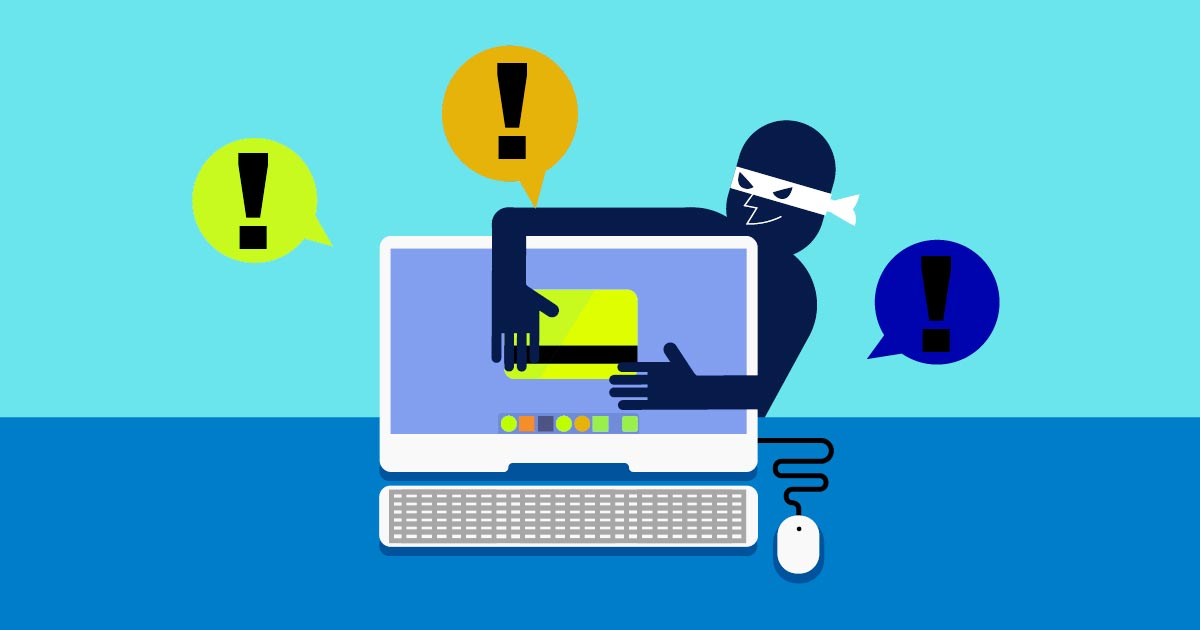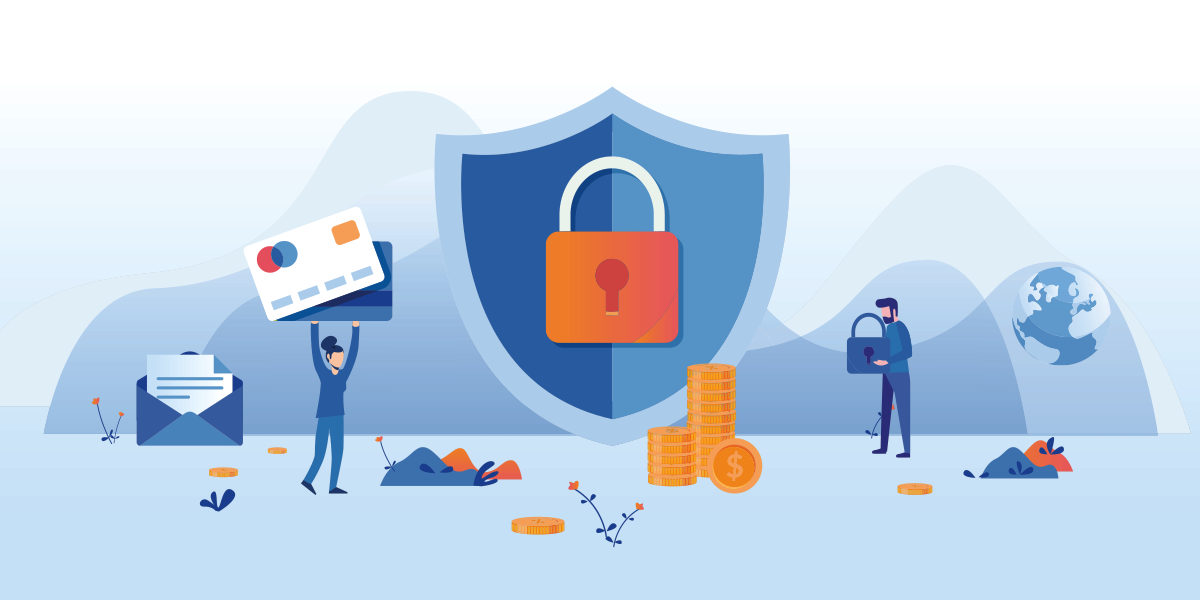When you conduct online transactions, One Time Password, also known as OTP, is very important. OTP ensures that your transaction is secure. It is a second layer of authentication, and you will not be able to complete your online transactions without it.

Real-life incident
The owner of a cake shop in Gurugram received a phone call from a customer who wanted to order a cake. He spent about 20 minutes talking with the baker before he placed the order. The baker told him the order would be processed after he paid 50% of the total price in advance. The client spoke to her and said he would pay through Paytm immediately.
During the payment process, the baker was requested to share the One Time Password (OTP) she received via phone. Her bank account was immediately emptied as soon as she shared the OTP. The moment she realized she had lost the money, she called the client, but the phone was switched off.
Whenever you use your bank account to make an online transaction, the bank will send you an OTP to your registered email address and mobile number. The transaction will be completed once you enter the OTP in the box provided.
Ideally, your OTP should be kept secret and not shared with anyone; including the bank executives. Yet there are many people who share the OTP unaware of the consequences. This allows fraudsters to empty bank accounts.
Also Check: Fraudsters are scamming people looking for Covid drugs

Save yourself from this kind of fraud -
1. Never share your OTP - One thing you must always remember is that OTPs should not be shared. You shouldn't share your OTP with anyone; even if they claim to be from the bank. Neither banks nor reputable companies ask for OTPs or other personal information.
2. OTP is generated only while making the payment - OTP will not be generated when you receive the payment, but only when you make one. Whenever anyone asks you for the OTP stating he will make the payment, do not trust them.
3. Do not download screen-sharing apps - You are often forced to download a screen-sharing app on your phone by fraudsters to gain remote access. Remote access allows fraudsters to take complete control of a phone. The fraudsters are able to gain access to all data on the phone, including OTPs. Therefore, you should never download apps that allow screen-sharing.
4. Use digital escrow for online payments - It is recommended that digital escrow platforms be used for payment. When making an online payment with Escrow, you do not share your financial information with anyone. There is a platform for escrow called Vouch.
How does digital escrow work?
In digital escrow, a third-party account holds the money deposited by the buyer until the seller fulfills the terms of the contract. The escrow company supervises the transacting parties.
What is the role of Digital Escrow in preventing online fraud in India?
Digital escrow services are offered by many companies in India. Among the most trusted is Vouch.
Vouch’s Digital Escrow service is a transparent way for buyers and sellers to build trust and secure a clean transfer of product and payment. Sellers can feel assured that they will be fairly compensated promptly, and buyers will feel confident that their order will be delivered as expected and on schedule. Vouch Digital Escrow keeps you updated and informed at every step of the transaction process till the end. Vouch’s professionals are always available to assist you with all queries that you may have during the entire transaction process.
There is no scope for deceit or fraud since the payments, shipping, delivery, and execution are carried out under the honest and watchful eyes of the Vouch’s professionals. With Vouch, any business transaction becomes transparent, uncomplicated, and hassle-free. If you ever come across a fraudster asking for OTP, asking you to scan a QR code, or asking you to click on phishing links, you can simply refuse and ask him/her to proceed with the transaction through Vouch.
This is Fraud Story #151. Check back here for more fraud stories and scams that you can protect yourself from.
Safety is not just about protecting your credit, debit card number, and UPI accounts. It's about having control of your money till you've received the product or service you bought online!Note: This is a good-faith initiative to educate the world about avoiding frauds like these and how to act when you're becoming a victim of such a situation.
Do you have a fraud you would like to report? Please write to us at letstalk@iamvouched.com






